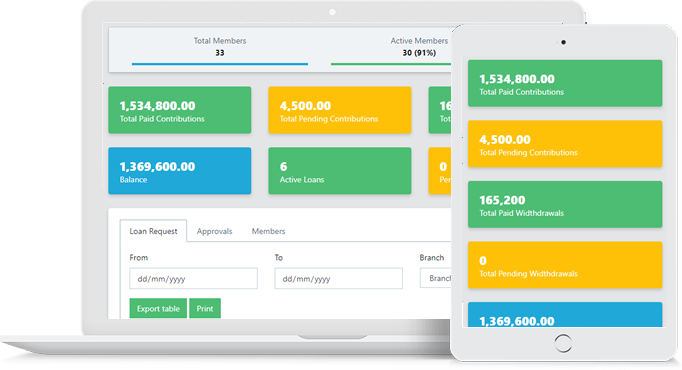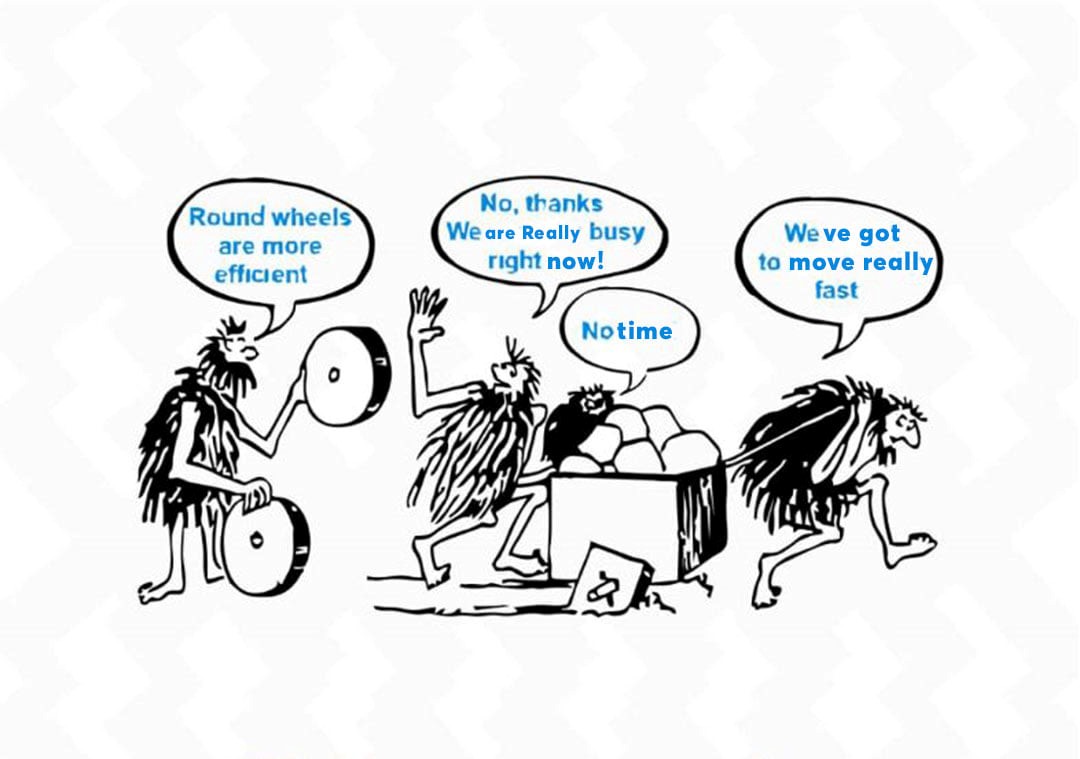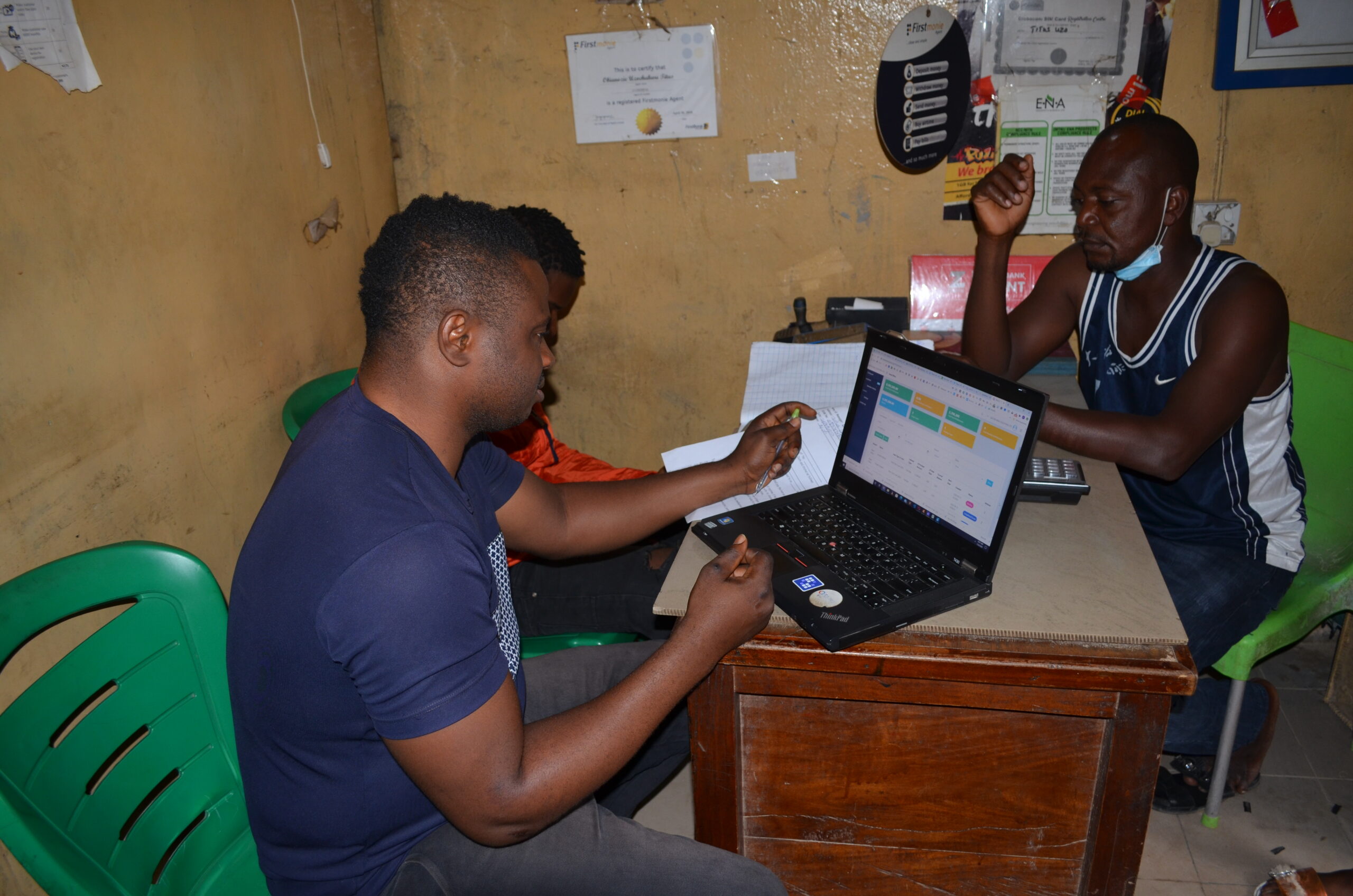Connecting co-ops: the importance of ICT

UN DESA hosted a panel discussion entitled “Cooperatives and the Role of Information and Communication Technologies (ICTs)”
Information and Communication Technologies (ICTs) are defined as technologies that facilitate communication and the processing of information by electronic means and include everything from radio, satellite, television to telephones, computers, and the Internet.
The panel discussion examined the role of ICTs in improving efficiency in the cooperative movement and themes surrounding the impact ICTs have on cooperatives and the challenges associated with ICT implementation. Ms. Felice Llamas, from the Division for Social Policy and Development moderated the discussions and said, “ICT’s are transforming co-operatives by expanding the scope of potential networks and deepening existing networks through more consistent communication.”
The importance of building connections and communication among members and across organizations was stressed throughout the discussions and Ms. Carolyn Hoover, CEO of DotCooperation highlighted the scale and uniqueness of cooperatives: “Co-ops are a clearly identifiable group with an existing community of over a billion people and growing. They have unifying cooperative principles such as democratic member control, cooperation among co-operatives and concern for community which shape cooperatives approach to their members, their business and their communities”.
The benefits of ICTs to cooperatives are numerous. Through fully utilizing ICTs cooperatives can cultivate new markets by reaching out to different customer bases on the web, they can keep up-to-date with developments and new innovations and receive training remotely. ICTs can help transform the management of co-ops by improving management practices, financial information and reporting and records management as well as create an online presence. These improvements help increase efficiency and lower operating costs.
Ms. Lila Hanitra Ratsifandrihamananana, Director of the Food and Agriculture Organization (FAO) Liaison Office said “Agricultural co-operatives are key to feeding the world. The agricultural cooperative community has grown to over 6000 members both in the private sector and civil society in more than 100 different countries”. ICTs can change the way cooperatives work and bring vast benefits, especially in agriculture. Cooperatives providing access to information such as crop cycles, localized weather reports, farming methods, and local markets, available online or direct via text message, is just one example of how innovative ICT use can revolutionize the day-to-day functioning of cooperatives and benefit members.
In Kenya, an electronic money transfer system based on SMS messaging has changed the lives of millions of Kenyans including the rural poor. ‘M-PESA’ allows immediate payments for those who live in remote areas miles from conventional commercials banks. The M-PESA system allows them to exchange e-money into cash and vice versa via M-PESA kiosks and deposit or withdraw banknotes when needed. M-PESA allows them to transfer money home or easily sell livestock without the risk of carrying cash over long distances and also reduces debts and delayed payments caused by promissory payments from customers.
Its clear ICT’s are vital in the development of cooperatives but there are some challenges to be overcome, namely cost and infrastructure issues relating to access. Although access to telephone communications is now widely available all over the world, many rural communities still don’t have reliable access to the internet and mobile broadband. In areas with little or no internet access, awareness of the benefits of ICT is also a challenge, and getting smaller cooperatives to bridge the digital divide is important.

Why ASUSU CMS
Here’s why your Cooperative should use ASUSU Cooperative Management Software.
It will transform the operations of your Coop by improving management practices, financial information and reporting, and records keeping as well as create an online presence. These enhancements help to increase efficiency and lower operating costs.
You can visit our website for more
information.
www.asusu.ng.

Footprints of ASUSU
Cooperatives are based on the values of self-help, self-responsibility, democracy, equality, equity, and solidarity. In the tradition of their founders, cooperative members believe in the ethical values of honesty, openness, social responsibility and caring for others and we at ASUSU consider it a great joy to be able to provide technology to make their job easy.
𝐀 𝐭𝐡𝐫𝐨𝐰𝐛𝐚𝐜𝐤 𝐭𝐨 𝐨𝐮𝐫 𝐄𝐧𝐠𝐚𝐠𝐞𝐦𝐞𝐧𝐭 𝐝𝐮𝐫𝐢𝐧𝐠 𝐑𝐞𝐥𝐢𝐚𝐧𝐜𝐞 𝐜𝐨𝐨𝐩𝐞𝐫𝐚𝐭𝐢𝐯𝐞 𝐚𝐧𝐧𝐮𝐚𝐥 𝐠𝐚𝐭𝐡𝐞𝐫𝐢𝐧𝐠 𝐢𝐧 𝐀𝐛𝐮𝐣𝐚 𝐢𝐧 𝐃𝐞𝐜𝐞𝐦𝐛𝐞𝐫 𝟐𝟎𝟏𝟗







